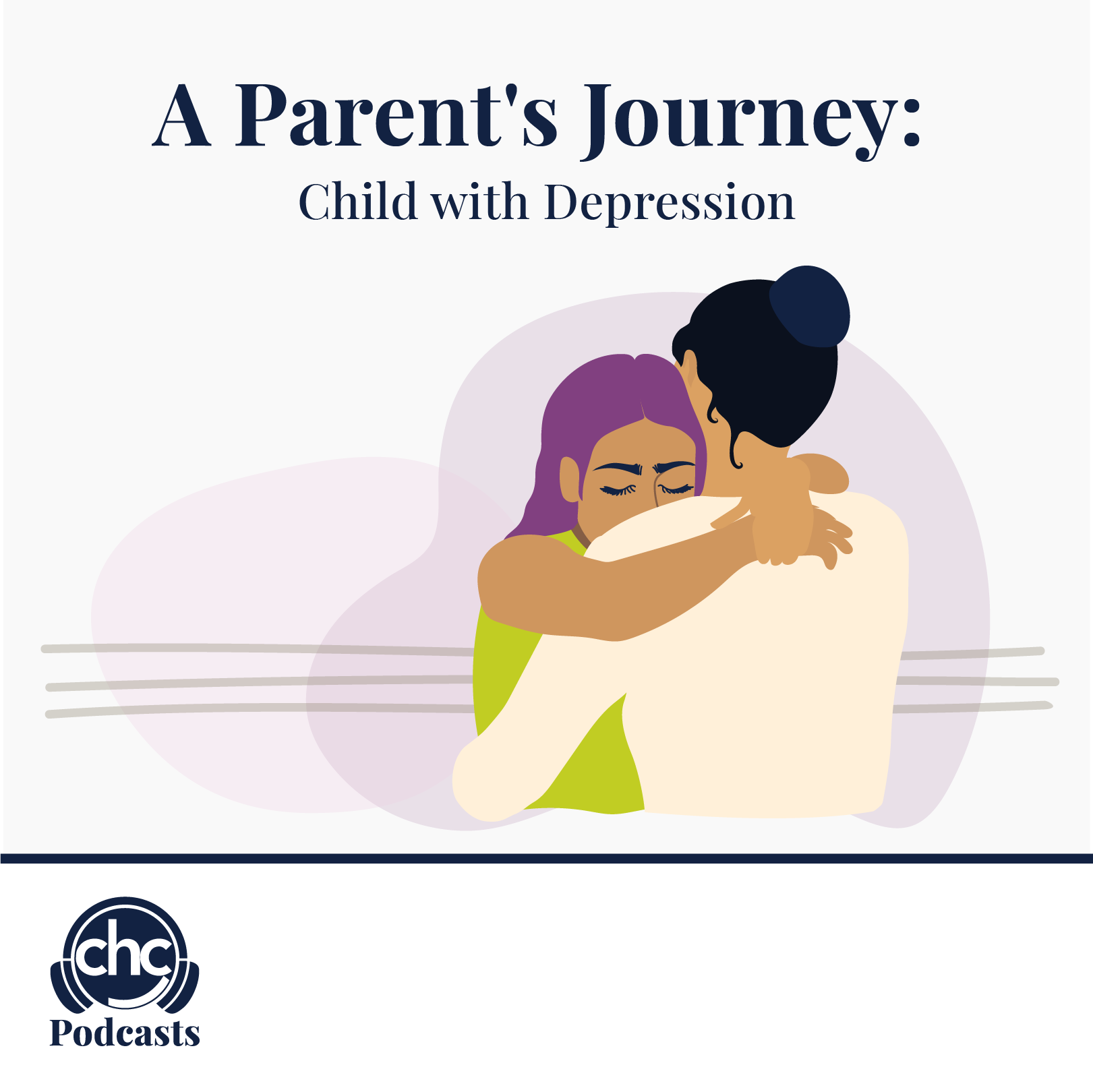Is Your Child Lonely?
 Over two-thirds of the 11-17 year olds surveyed by Mental Health America felt stressed out about loneliness. Research shows that chronic loneliness has the following effects:
Over two-thirds of the 11-17 year olds surveyed by Mental Health America felt stressed out about loneliness. Research shows that chronic loneliness has the following effects:
- Increased levels of cortisol, the stress hormone
- Less restful sleep
- Negative impact on physical health (more than smoking or obesity)
- Headaches or other unexplained aches and pains
- Poor self-care (grooming, hygiene, diet)
- Higher likelihood of alcohol or drug use
- Depression
- Anxiety
- Negative outlook on life
- Poor self esteem
- Greater risk of suicide
Signs of Loneliness
Younger children may:
- Create imaginary friends to make up for lack of real friends
- Seem clingy or start asking you to play with them more than usual
- Seek your attention by misbehaving, acting silly, or interrupting you when they know they shouldn’t
- Act timid or unsure of themselves
- Cry more often than other children their age
Adolescents and teens may:
- Retreat to their rooms for long periods of time
- Start talking to you more than usual
- Seem sad
- Appear to not have friends to hang out with outside of school
- No longer hang out with friends that they used to spend a lot of time with
- Talk negatively about themselves
By contrast, if your child or teen seems to be spending a lot of time alone, they may not actually be lonely. There are some children and teens who enjoy reading or popping in a pair of earbuds to listen to music over trips to the mall or parties. The easiest way to figure out if your child or teen is just introverted or whether they are lonely is to ask.
Going Online: A Double-Edged Sword
Most people who are parents and teachers didn’t grow up using the internet the way children and teens do now. Between social media, gaming, and general internet use, there are a lot of ways that being online can impact loneliness, for better or for worse.
Social Media
57% percent of teens say they have met a new friend online and 68% of teen social media users said they received support from others during challenging or tough times. However, not all social media use is good for teen friendships.
Gaming
If your child or teen seems to be spending a lot of time gaming, they may actually be socializing in their own way. While virtual friendships can never replace face-to-face interactions, many teens go online to communicate with existing friends outside of school and make new friends.
How Can You Help?
If you suspect that your child or teen is struggling with loneliness, the best way to figure out for certain is to start a conversation and ask. If loneliness is a problem, here are some things you can do to help:
Talk to them about their interests.
Find out what they enjoy and then look into groups or classes that they may be able to join to further explore those interests.
Make time for extended family.
If your child or teen has cousins or other relatives around their age that are within a reasonable distance, set up time for them to get together.
Talk to their teachers.
See if they may be able to facilitate more small group interactions during class that might help your child or teen make friends or match them up with someone to sit with at lunch time.
Consult with a therapist.
If you think that your child or teen is lonely because they struggle with social skills, a therapist can help.
Excerpted from “Is Your Child Lonely?” from Mental Health America. For more information and strategies, read the full article online.
Source: Mental Health America | Is Your Child Lonely?, https://mhanational.org/your-child-lonely-parents | © Copyright 2022 Mental Health America, Inc.
A screening can help you determine if you or someone you care about should contact a mental health professional. Care Coordinators can arrange a free 30-minute Care Consultation so you can explore options with an expert. Call or email us at 650.688.3625 or careteam@chconline.org to set up an initial Consultation appointment.





